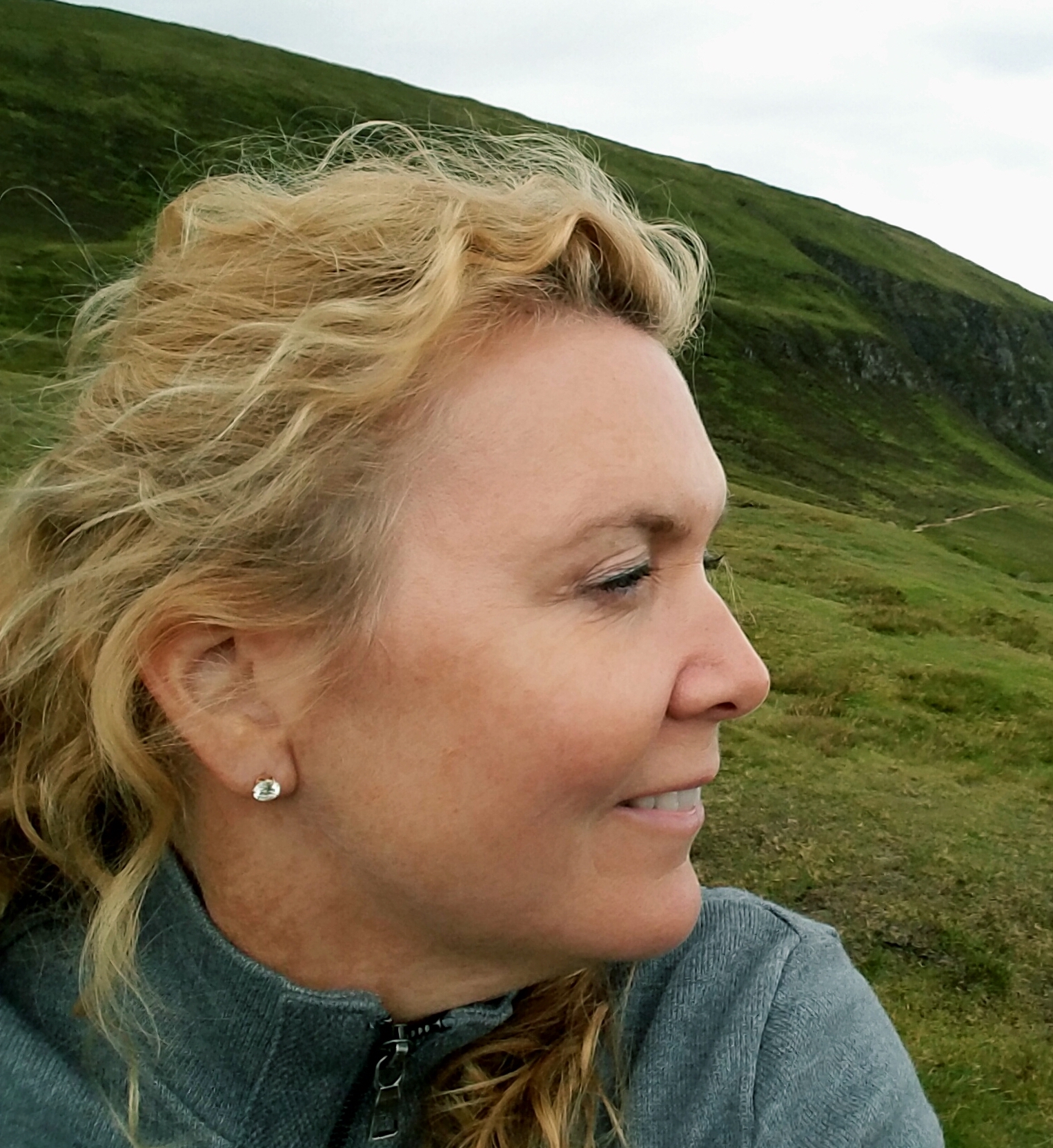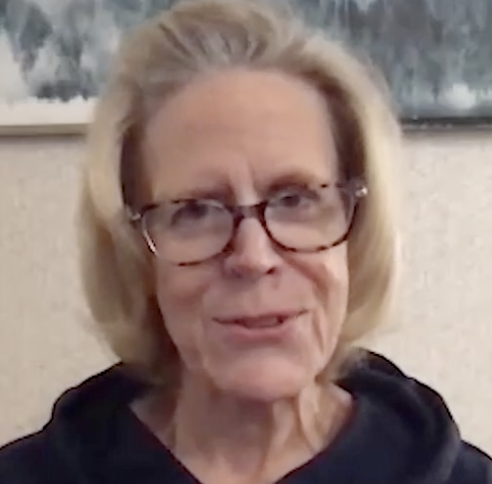Update: New Jersey’s Aid in Dying for the Terminally Ill Act passed in 2018.
Thomas P. is self-employed in Long Beach, New York.
On March 28, 2017, my dignified mother died of cancer. Her name was Mildred Janet Pellicane, and she was a fiercely independent person, right until the end. In her final weeks, she bravely endured her pain and her almost complete inability to move, speak, or eat. But she said she didn’t want to suffer anymore.
I am confident that given the option our mom would have chosen to end her life. Sadly, we were not able to help her, and because there is no death with dignity law in New Jersey, where she passed away, she was not able to help herself.
My mother was diagnosed with breast cancer several years ago. She won her first battle; the cancer went into remission, and she regained her health. Late last year, she was admitted to a New Jersey hospital. The cancer had resurfaced. She was transferred to a rehabilitation “comfort care” facility in New Jersey. That was the beginning of the downward spiral.
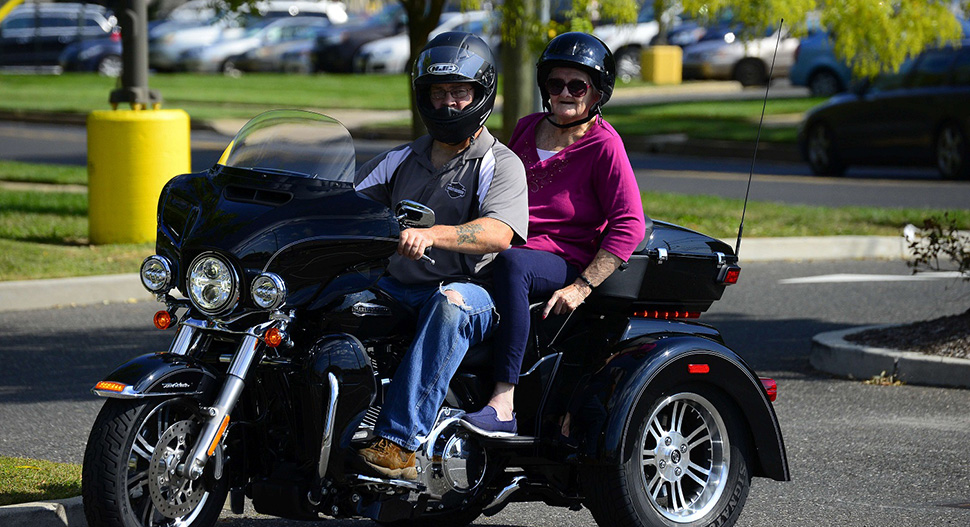
In the ensuing weeks, my brother, with whom she had been living, watched as her health declined. My mother was nearing 84, and her strength was decreasing. The doctors said they could try to keep treating the cancer.
But my mother said, “No, I’ve had enough. I don’t want treatment.”
She was given an option to refuse pain medication. Initially, she refused. Later, my wife and I watched my mother struggle to move. She grimaced and gripped the bed rails. At that point, there were times it was easier to communicate via eye contact, along with yes or no.
“If you’re hearing me, blink one eye for yes,” I asked her. “Do you want pain medication?”
She said yes.
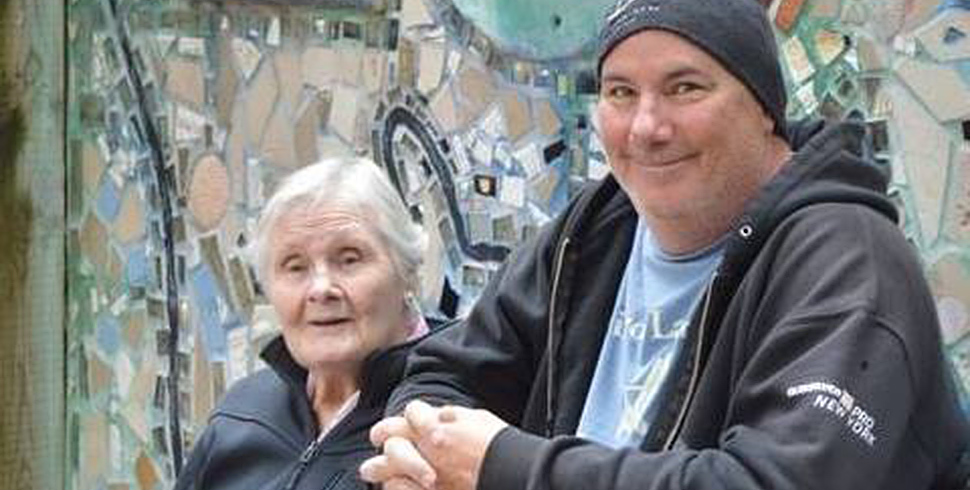
But the nurse said she hadn’t given my mother pain medication because she had refused it. That was 8 to 9 hours earlier in the day. Finally, after a long weekend, in a moment my brother described as horrific, she drew her last breaths and passed away.
My mother had made clear her desire to cease treatment well before her death, but she had no option to end her pain when she was ready. I believe forcing my mother to continue on and suffer the way she did was inhumane. It was beyond the scope of comprehension that she had no options.
Death with Dignity means letting a person maintain her independence up to and including the final decision about how to end her life.
She had a very special relationship with both of my children, and all of her other grandchildren. I see her in my son’s blue eyes. Every blue is different, and I think Jake has her blue. I would watch when she talked to him, he would just absorb her wisdom. When he came to see her towards the end, she popped up and said, “Hi, Jake!”
We held a service to celebrate her life, and my daughter talked about her grandmother’s “Black Book” filled with names and dates: who had an anniversary coming up, who had graduated from what college, on what date. She was a very caring person, always sending handwritten notes. My daughter talked about how much it meant to get a handwritten note when usually she just received text messages or Snapchats.
My mother lived alone for 30 years after my father passed away. She was always OK with that, and it helped her develop her fierce independence. She never asked for or wanted help, up until the end.
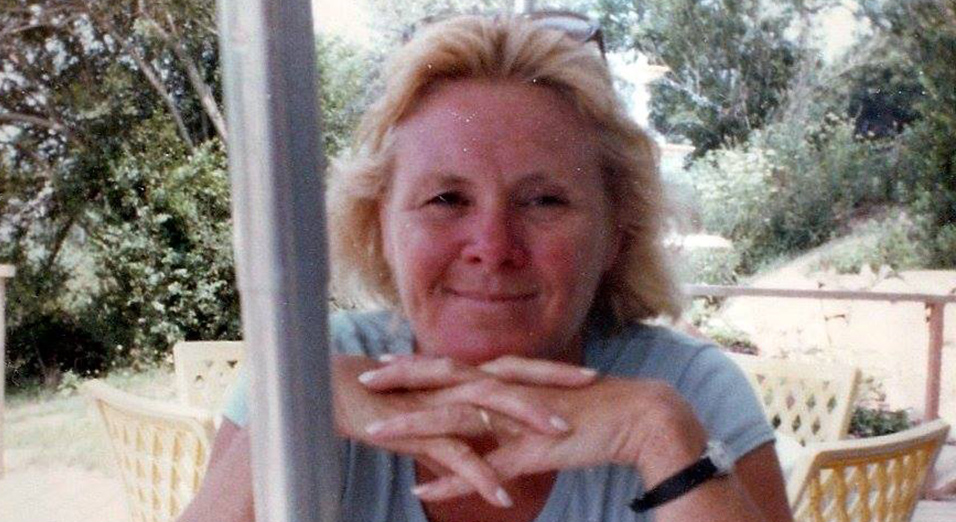
Death with Dignity means letting a person maintain her independence up to and including the final decision about how to end her life. That decision is bigger than any about a marriage or divorce or a job or a house. If you’ve trusted someone to make adult decisions her whole life, why wouldn’t you give her the opportunity to make such an important choice?
I would ask a person on the opposing side of the Death with Dignity debate to make a case for why imposing suffering on a person at the end of their life with no hope and no super science that can change their prognosis is acceptable. This is the ultimate decision, and you’re taking their power away. What right do you believe society has in leaving a person in that position so powerless?
The system needs to change. Dignified people like my mother need the right to a Death with Dignity.
